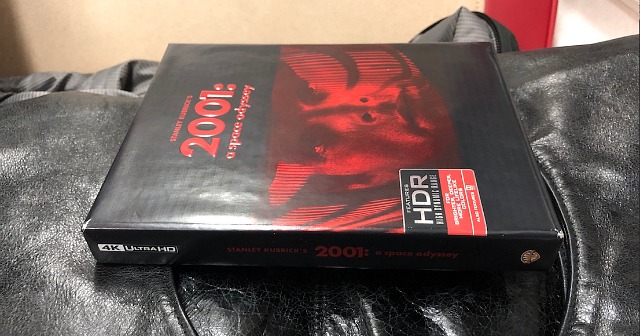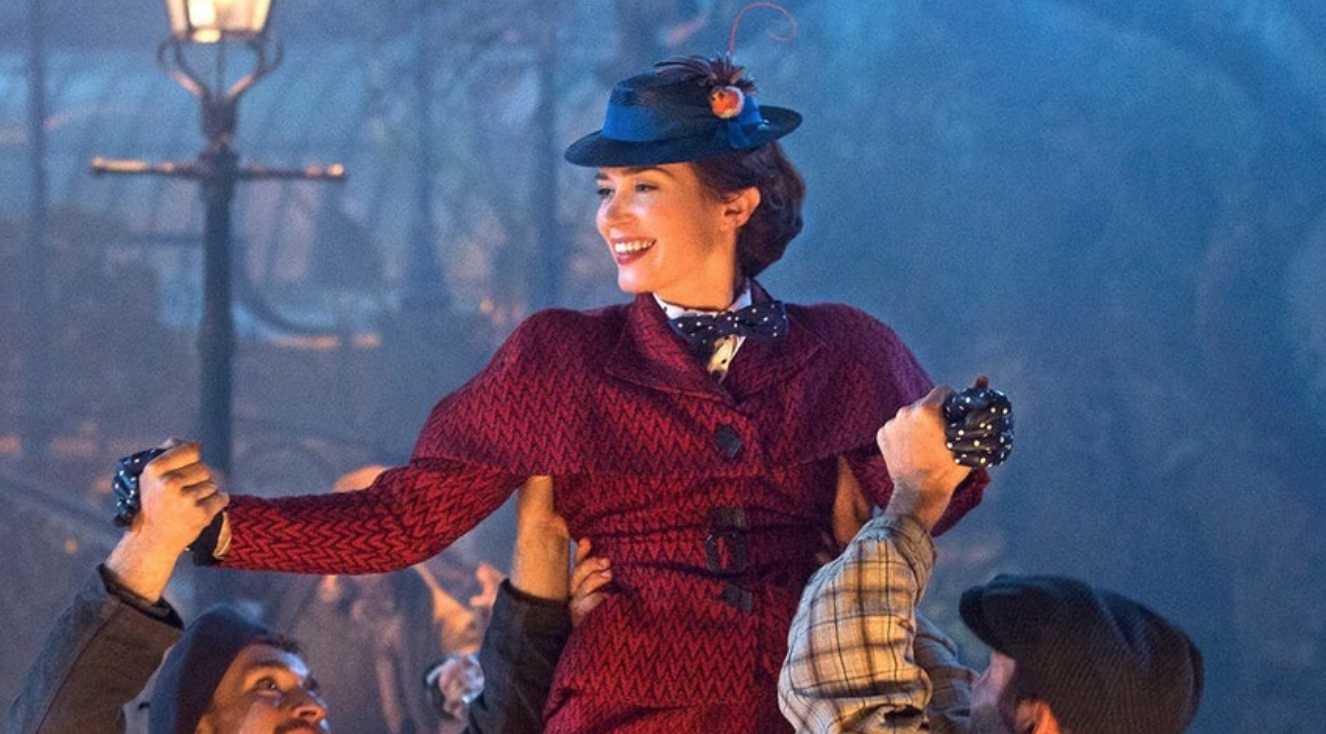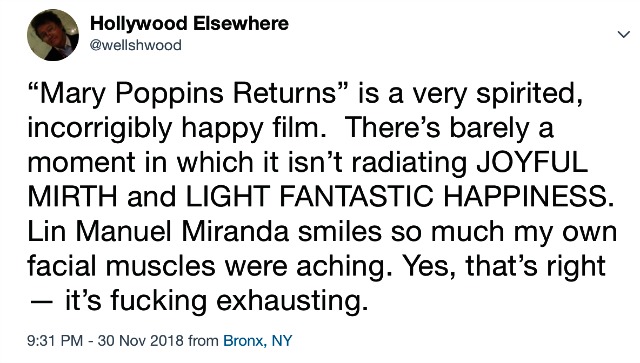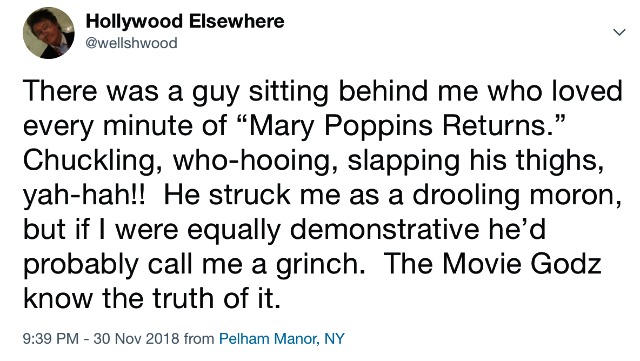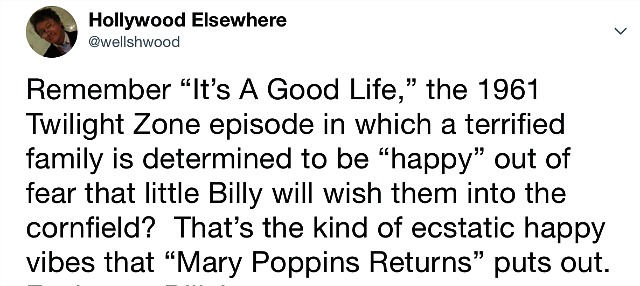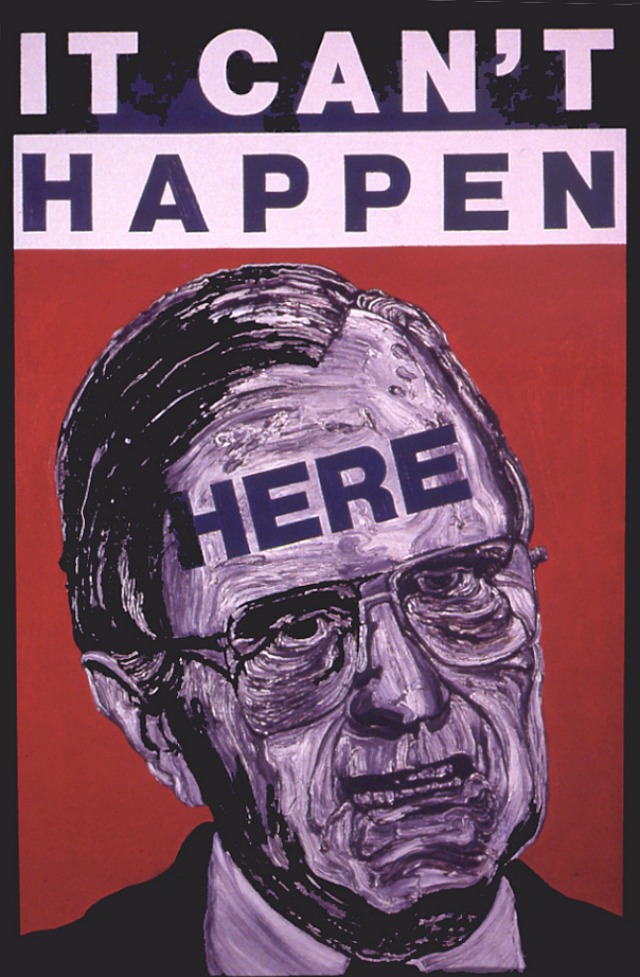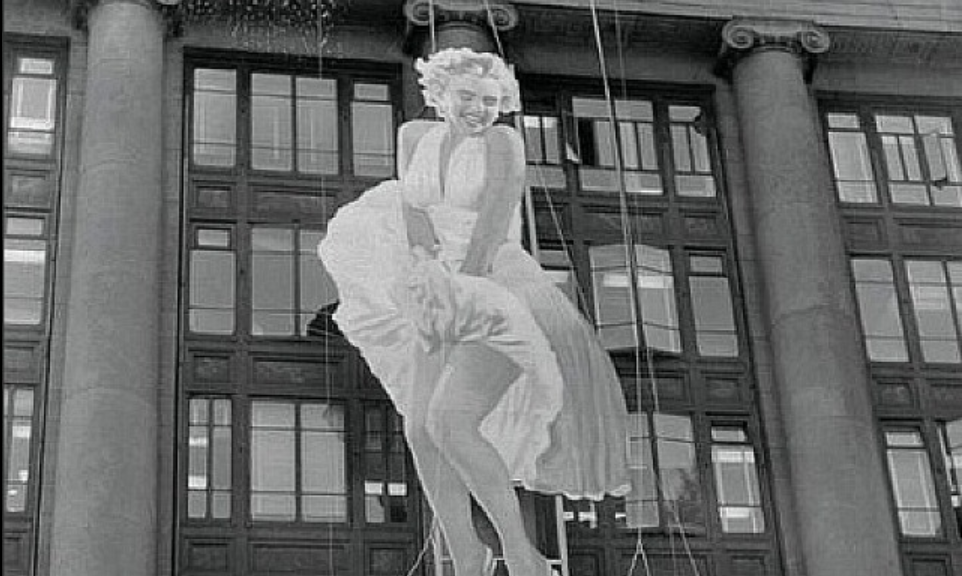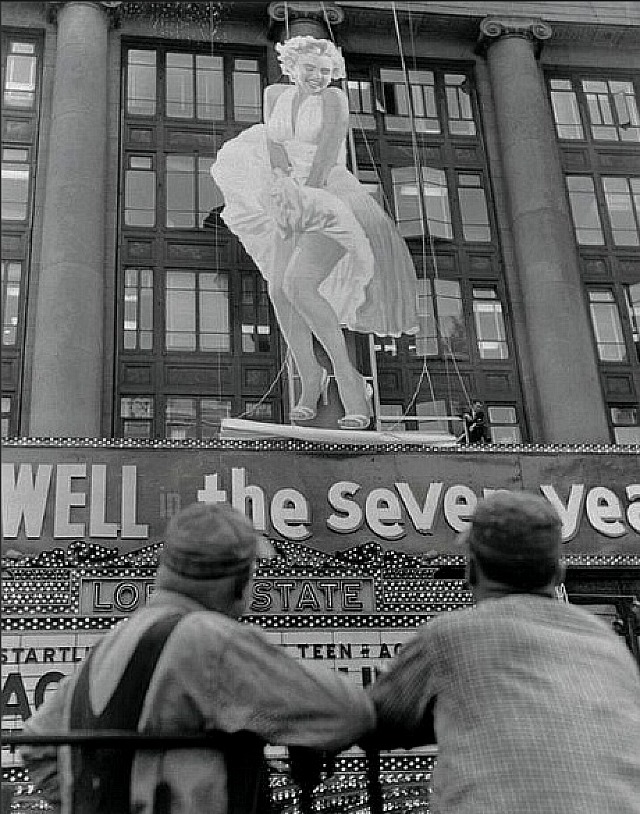For all the things that I love and worship about Alfonso Cuaron‘s Roma, there’s one thing that doesn’t add up and seems increasingly bizarre the more you think about it. Until it all becomes clear.
Roma is a naturalistic family drama, set in Mexico City in ’70 and ’71. The main character is Yalitza Aparicio‘s Cleo, a saintly maid who helps to take care of four kids (along with mama, grandma and another domestic) as well as the family dog. There’s a father, but he’s mostly absent — at work, travelling or spending time with a girlfriend.
The bizarre thing is Cleo’s odd refusal to clean up the dog poop that’s constantly being deposited on the sheltered concrete driveway adjacent to the main home. Every time Cuaron (who also served as his own dp) shows us someone leaving or arriving there are always two or three loads, and once or twice we see the family car squishing them flat.

Yes, there’s a scene in which Cleo brushes the poop into a waste pan and spot-cleans the driveway with a sanitizer of some kind. But more often we see the loads just sitting there — naggingly, defiantly — and once you start noticing their persistent presence you can’t think of anything else.
And at the same time you can’t help but wonder why poor Cleo isn’t more focused, especially considering a moment in which she overhears the pater familias complaining about how “there’s dog crap everywhere” and especially after she’s sharply scolded by Marina de Tavira‘s mother character (i.e., Sofia) to stay on top of this.
After a while you begin to realize that Cleo isn’t forgetting to scoop the poop as much as deliberately avoiding it. Not angrily but in a kind of “well, I don’t know, not in the mood, maybe not” kind of way. And you start to ask yourself “why?” It’s obviously an unpleasant task, but she knows she’ll incur greater wrath from her employers if she lets the matter slide. And yet she does.
Once you start thinking about the loads there’s almost nothing else that gets into your head. They don’t become the whole movie, but they never go away either. The loads, the loads, the loads…why doesn’t she attend to them more frequently? Does she ever walk the dog?
Then your brain flips over and you begin to wonder if the loads are more than what they seem. Maybe the loads are there but maybe they’re not. Maybe they’re metaphors for family problems that are being ignored, or even broader social problems (i.e., what the street protests are about). Maybe the loads are reminders of those things in life that can never really be fixed or fully understood. Or those nagging spiritual issues that Albert Camus and Rainer Maria Rilke and Carlos Casteneda wrote about.
The Roma poop issue is never resolved, but I swear to God there’s more to it than just “Cleo should clean up more.” It’s an existential quandary of some kind.


